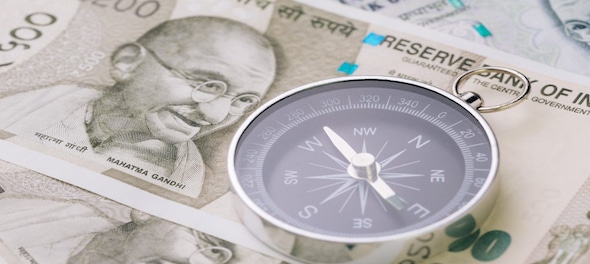
The numerous steps taken by ECI have certainly resulted in a credible electoral process. The post-election scenario, though, is murky and has got worse with time. Here, apart from political games and fickle loyalties, money power is in full cry. ‘Buying’ legislators in state assemblies has become an almost routine matter.
As a result, in many cases, it is not the number of votes, but the number of notes that determine which party will form the government. Many a legislator, elected as a member of one party, defects within days or weeks to another party. Enticed by power or money, such defections make a mockery of party manifestoes and ideology.
An anti-defection law passed decades ago has loopholes that make possible such a switch of parties, especially when a substantial block of legislators can be lured.

Money—or the means to make it through being a minister or equivalent—makes for frictionless movement from one party to another. Where there are multiple parties in the fray, with no single dominant party, the possibility of such note-based democracy increases.
It is, then, not the voters who decide which party will form the government but the cash balances of various parties. Central to this is the flexible morality of legislators, which means that they have little compunction in changing parties, without any concern about the voters who elected them on the basis of the contestant being member of a particular party.
A ‘right to recall’, through which voters can choose to recall a legislator (that is, to cancel his/her election as a legislator), has been debated, but is not in place yet. In some cases, pre-election alliances between parties are replaced by a completely different post-election combination.
In these political manoeuvres, it is clearly the voter who is short-changed. Some consider all this is part of the hustle-bustle and dynamism of democracy; others view it as being the antithesis of democracy.
A free and fair electoral process is obviously an essential element, but true democracy extends well beyond this. Electoral procedures are but one part of full democracy: what happens after an election is equally important. In this, unlike the voting process, India does not present a pretty picture, especially at the state level.
Defections, shifting alliances, money inducements or coercive measures to vote one way or another on legislation: these have become almost commonplace across practically the whole political spectrum.
One result of such politics is the mistrust and disdain for politicians, in general, amongst the mass of people. In diverse and highly opinionated India, the one thing most Indians will agree on is that the majority of politicians are self-serving and corrupt. The idea that people enter politics to serve the people has long been buried. In fact, it is increasingly regarded as a business where politicians trade in money, power and favours.
For example, it is alleged that a seat in the Rajya Sabha (to which members are elected through voting by members of state legislatures, with voting based on a party whip or diktat) can be bought. Former Congress member of Parliament (MP) from Haryana, Birender Singh, is reported to have said that he knew a person who had earmarked `100 crore to become a Rajya Sabha MP but managed to achieve his objective with `80 crore. Singh was quoted as saying, ‘Not one, but I can tell you about 20 such people’.
While this pertains to 2013, it is more than likely that it continues at least in some cases. A rare individual may pay only for the privilege, status or visibility of being a MP; most would look for a return on their ‘investment’, either in direct monetary terms or through the power it confers.
Little wonder that there were also reports of cash for questions (being asked in Parliament) and promotion of corporate vested interests. The former was exposed through a sting operation by two journalists, in 2005, which resulted in framing of graft and criminal conspiracy charges against 11 former MPs in 2017. Interestingly, these MPs straddled the political spectrum, including those from the Bharatiya Janata Party (BJP) and Congress.
— Excerpted with permission from Decisive Decade – India 2030: Gazelle Or Hippo by Kiran Karnik. Published by Rupa Publications
Check out our in-depth Market Coverage, Business News & get real-time Stock Market Updates on CNBC-TV18. Also, Watch our channels CNBC-TV18, CNBC Awaaz and CNBC Bajar Live on-the-go!


Why Google CEO is cautiously optimistic about the election year
May 16, 2024 9:51 AM
Mark Mobius reveals how markets will react if NDA wins 400+ Lok Sabha seats
May 15, 2024 8:09 PM
Wine shops and bars to remain shut for 4 days in Mumbai in 4 weeks, check details
May 15, 2024 7:52 PM
INDIA bloc will win majority seats in Bihar, says Tejashwi Yadav
May 15, 2024 4:20 PM

